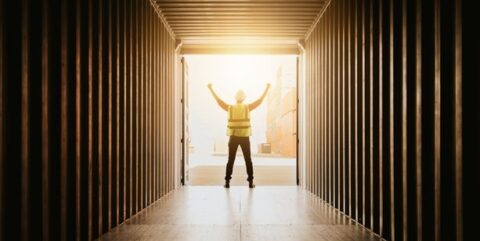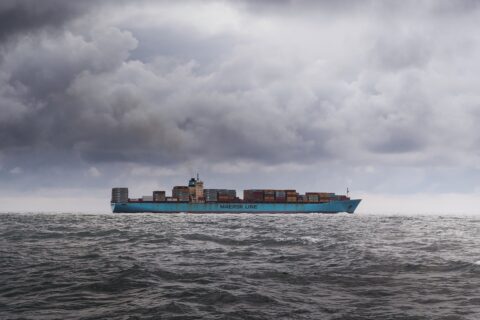A few years ago, logistics was pictured as a process of bringing goods from the manufacturer or supplier to the consumers, in general. However, with the evolving business trends and consumer demands, this has changed to become only as one part of the entire logistics process, reverse logistics being the other part. With businesses striving to keep their consumers happy not just by offering products but also by offering no questions asked returns, reverse logistics has come to play an important role in the entire logistics process.
What Is It?
As the very name suggests, reverse logistics is that part of supply chain which involves the products travelling inward or backward from the end consumer to the manufacturer / supplier and then being disposed, reused, refurbished, re-manufactured or recycled.
While it is an important operation carried out by many industries, and not just e-commerce, it was conveniently overlooked until a few years ago. It is gaining tremendous growth and attention since a few years, thanks to the growing e-commerce markets and their hassle-free return policies.
Challenges Faced in Reverse Logistics
It is a Complex Process – The returned products will come back in various conditions, businesses often do not understand how to use these returned products, whether to reuse, discard, recycle, refurbish or add them back to the stock. There are times when the products are discarded or not even picked up – based on their value / cost.
High Costs Involved – Reverse logistics involves high operational costs as the entire supply chain process needs to be defined efficiently. Recapturing maximum value from the returned products could be resource intensive as it involves proper setup of the mechanism, authorization, refurbishing or re-manufacturing the returned commodity; and warranty management for some products. Therefore, reverse logistics needs to be a thought-out process which does not lead to hurting the profitability of the business.
Additional Resources to Handle Returns – Reverse Logistics can no longer be taken lightly or ignored. A brand’s reputation/image and its customer’s satisfaction are very much linked with the ease and hassle-free reverse logistics process. Therefore, there needs to be an entire team appointed for handling reverse logistics – for receiving and tagging the inward packages, doing the quality checks, segregating them based on their various conditions and types, determining whether and how they can be reused, stocked or discarded and so on.
While there are several other challenges that reverse logistics brings along, the good news is that there are several ways in which an effective reverse logistics process can benefit you.
How Effective Reverse Logistics Can Benefit You?
It can provide product insight – A well-engineered process can provide valuable insights into the products and can help companies correct, amend or make changes to their products based on the consumer demands. It also help companies understand consumer behavior and bring updates or new versions of their products.
Can reduce losses – A streamlined process of managing the returned goods through a well-engineered process can help companies determine what needs to be done with the returned products, instead of just chucking them. There are many companies which make additional revenue by recycling, refurbishing or repairing these goods and selling them, while there are some others which sell off some of the components of the returned products to reduce their losses.
It Reduces Cost – When designed properly, companies can reduce the cost of administrative, support operations and transportation costs. With an efficient process in place, companies not only reduce their costs but also track them to further optimize it.
Better Customer Experience and Customer Retention – Aggressive competition in the market has led to companies emphasize on providing supreme customer experience. A well-designed and a seamless reverse logistics / returns process not only contributes to a good customer experience but also increases a customer’s loyalty and delight towards a brand.
Waste Reduction and Eco-Friendly Practices – While all the points above contribute towards a company’s profitability, an effective and well thought process can contribute towards the environmental sustainability in the form or recycling products, reducing wastes and reducing carbon footprints.
Appointing a 3PL For Reverse Logistics
Logistics and supply chain are complex and resource intensive, and reverse logistics is no different. It requires technology, infrastructure and most importantly expertise to make the entire process efficient and effective. A third party logistics (3PL) company like ProConnect Integrated logistics offers good control, transparency, better inventory management and the required resources for a profitable process. Not just reverse logistics, a 3PL can provide competitive edge to companies throughout the logistics process, head to our previous article for more details.
For a seamless reverse logistics process, integrated with technology, planning and expertise, get in touch with us today.





 APP DOWNLOAD
APP DOWNLOAD